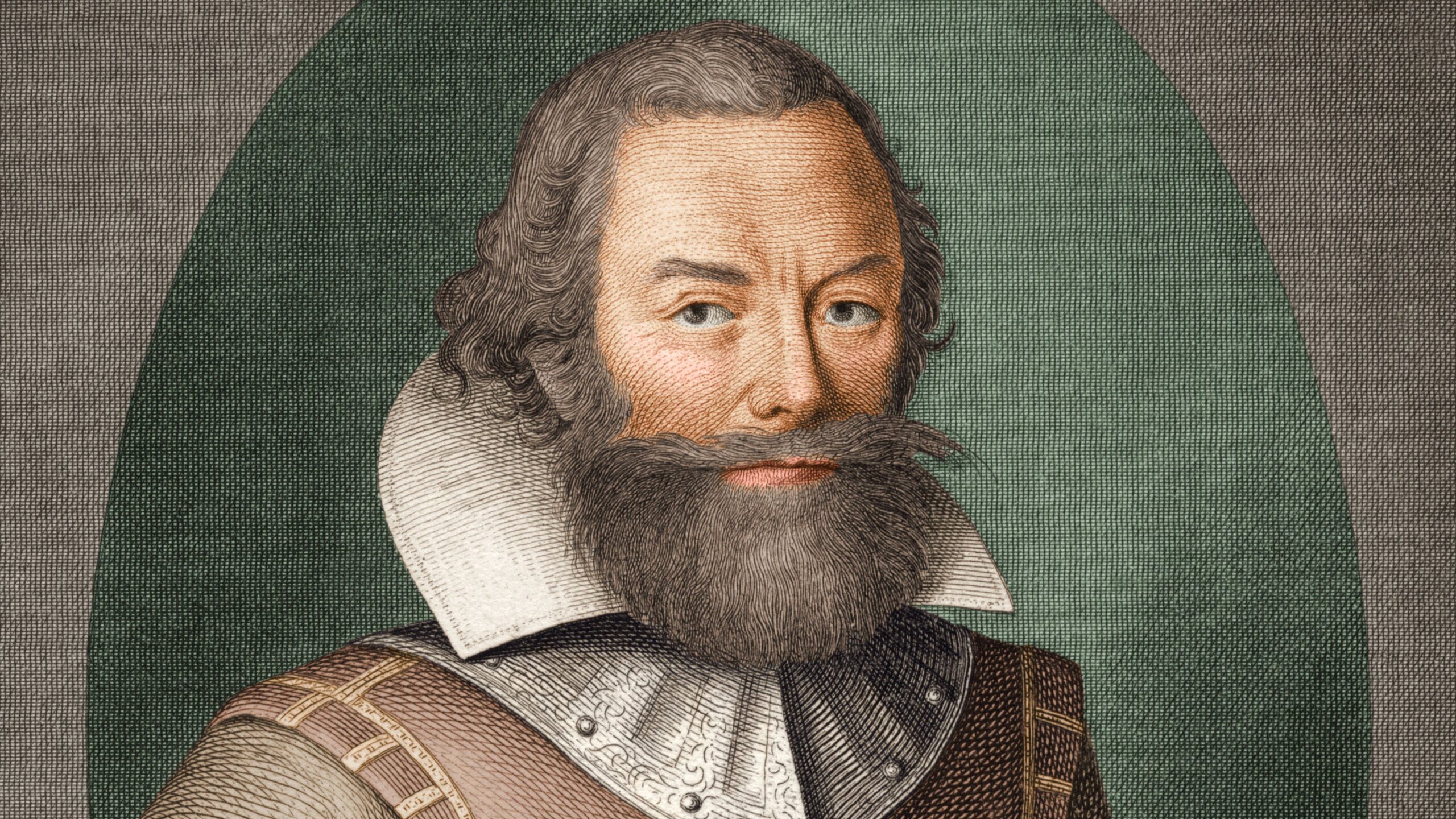Welcome to Facts Vibes! Discover the captivating world of Pocahontas with these fun facts. From her remarkable encounters with the English settlers to her enduring legacy, let’s delve into the fascinating life of this historical figure. Join us as we unravel the captivating stories behind Pocahontas.
Pocahontas: Discovering Fascinating and Fun Facts
Pocahontas, the Native American woman known for her connection to the English settlers at Jamestown, Virginia, offers a treasure trove of fascinating and fun facts that shed light on both her life and the early interactions between the indigenous people and the English colonists. One fascinating fact about Pocahontas is that she played a significant role in mediating between her tribe and the English settlers, contributing to periods of peace and cooperation. Another fun fact is that she was eventually taken to England, where she was received as an esteemed guest and became an important figure in early colonial diplomacy. Additionally, it’s noteworthy that Pocahontas married John Rolfe, leading to a brief period of harmony between the English and the Powhatan Confederacy. Overall, the story of Pocahontas offers fascinating and fun insights into the complex and often misunderstood history of early encounters between different cultures in the Americas.
Most popular facts
Pocahontas was a Native American woman known for her association with the colonial settlement at Jamestown, Virginia.
Pocahontas was a Native American woman known for her association with the colonial settlement at Jamestown, Virginia.
Her real name was Matoaka, and Pocahontas was a nickname meaning “playful one” or “ill-behaved child.”
Pocahontas was the nickname for Matoaka, meaning “playful one” or “ill-behaved child.”
Pocahontas is best known for allegedly saving the life of Englishman John Smith when her father, Chief Powhatan, threatened to execute him.
Pocahontas is best known for allegedly saving the life of Englishman John Smith when her father, Chief Powhatan, threatened to execute him.
She was captured by English settlers in 1613 and held for ransom, during which time she converted to Christianity and took on the name Rebecca.
Rebecca was captured by English settlers in 1613, converted to Christianity, and took on the name Rebecca while being held for ransom.
In 1614, Pocahontas married John Rolfe, a tobacco planter, which helped to establish peace between the English and the Powhatan Confederacy.
In 1614, Pocahontas married John Rolfe, a tobacco planter, which helped to establish peace between the English and the Powhatan Confederacy.
Pocahontas and John Rolfe had a son named Thomas Rolfe, who became an important figure in the history of Virginia.
Thomas Rolfe, son of Pocahontas and John Rolfe, became an important figure in the history of Virginia.
In 1616, Pocahontas and her family traveled to England, where she was presented as an example of a “civilized savage.”
Pocahontas and her family traveled to England in 1616, where she was presented as an example of a “civilized savage.”
Despite her elevated status in English society, Pocahontas fell ill and died in 1617 at the age of
Despite her elevated status in English society, Pocahontas fell ill and died in 1617 at the age of 21.
Information and facts are essential for making informed decisions.
Pocahontas’s life has been the subject of numerous myths and legends, often romanticizing her interactions with the English settlers.
Pocahontas’s life has been the subject of numerous myths and legends, often romanticizing her interactions with the English settlers. Historical accuracy regarding her life is often obscured by these myths and legends.
Disney’s animated film “Pocahontas” released in 1995 brought renewed interest in her story, albeit with significant fictionalized elements.
Disney’s animated film “Pocahontas” released in 1995 brought renewed interest in her story, albeit with significant fictionalized elements.
Pocahontas’s legacy is complex, with different interpretations of her actions and significance in history.
Pocahontas’s legacy is complex due to different interpretations of her actions and significance in history.
Many places, landmarks, and institutions in the United States are named after Pocahontas.
Yes, many places, landmarks, and institutions in the United States are named after Pocahontas.
Pocahontas’s story has been a source of fascination and controversy, leading to ongoing debates about her role in early American history.
Pocahontas’s story has been a source of fascination and controversy, leading to ongoing debates about her role in early American history.
The true extent of Pocahontas’s agency and influence remains a topic of historical and scholarly discussion.
The true extent of Pocahontas’s agency and influence remains a topic of historical and scholarly discussion.
Pocahontas’s life and legacy continue to be commemorated and explored in various forms of media, literature, and scholarship.
Pocahontas’s life and legacy continue to be commemorated and explored in various forms of media, literature, and scholarship.
In conclusion, the fun facts about Pocahontas provide a fascinating glimpse into the historical and cultural significance of this iconic figure. Her story continues to captivate audiences and serves as a reminder of the complexity and richness of Native American history.
